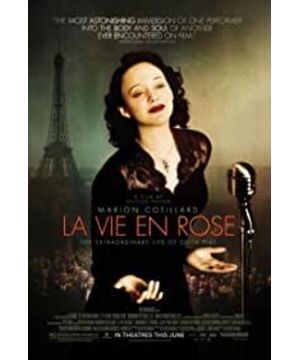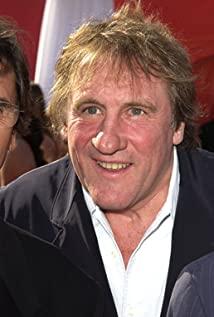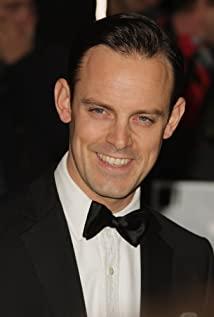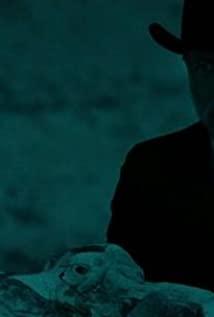Such a woman full of legends, the film can be portrayed from many angles. The "Life of the Rose", which premiered at the Berlin Film Festival in 2007 under the guidance of French director Olivier Dahan, chose a different perspective from the general biography to interpret the life of this legendary woman.
In terms of content, although music is the biggest theme of Edith Piaf's life, the film does not put all the focus on music. When describing Edith's official start of singing career after being discovered on the street by Louis Leplée, the owner of an upper-level nightclub in Paris, the film emphasizes Edith's extremely nervous and fearful psychology and panic expression before his debut, including Louis Leplée's constant encouragement and even threats. Everything is covered; but when Edith finally managed to sing with fear and horror on the stage, the film was suddenly muted again. We only saw Edith's expression, lips and movements, and everything slowly fell silent. After Edith became famous, he insisted on making the band wait for three hours to change the original rehearsal plan for a new song that he liked. Here, Edith, played by Marion Cotillard, is full of spirits, with bright blood red lipstick, hands on hips and jaw raised, and arrogantly said: "If you can't do whatever you want, what's the point of being an Edith Piaf!" Similar to this, it fully reflects the fullness of Edith Piaf. There are many more details about the angular, domineering and individualistic fragments. Here, a clear message is accurately expressed from these details: music is Edith Piaf’s life, but in Edith’s life, there are more and more hers besides music. Something to pursue.
The narrative method used by the film to describe the most famous French musician from all angles and from all angles is very impressive in my opinion. Whether it’s Edith Piaf’s short and intense love with the French heavyweight boxer, Marcel Cerdan, who enjoys the title of world boxing champion, or the swaying friendship between Edith and his lifelong friend Simone Berteaut, these details focus on Edith’s imagery. The wine is fragrant and bitter, full of ups and downs in life, and Edith's sharp and uncompromising stubborn personality inspired by these changes. Edith Piaf is regarded as a symbol of the image of France, not only because of her extraordinary musical talents, but more importantly, in my opinion, it is her domineering and never-rewinding character. She is capricious, paranoid, and crazy. She doesn't care about health. She doesn't even care too much about the audience and media comments. As long as her heart remains free, she wants to do whatever she wants, and she wants the whole world. This is Edith Piaf, the free flying soul in his bones, who comforted and inspired an era in France with her singing. Her singing is called "the soul of Paris", and she deserves it.
Although the events that have had a major impact on Edith Piaf's life and the characterization of Edith's outstanding character is the focus of the film, the film does not neglect Edith as a singer. The two songs featured in the entire film, La Vie En Rose (Rose Life) and Non, je ne regrette rien (I have no regrets), appeared in the stage of her passionate love with Cerdan and the moment when her life was approaching the end. The last time in the famous Paris When the Olympia Concert Hall performed. On the one hand, this arrangement shows these two well-known songs. On the other hand, they are the portrayal of Edith Piaf's aspirations at the time, and they are perfectly integrated with the progress of the movie story.
In terms of structure arrangement and photography skills, the director and screenwriter Olivier Dahan fully demonstrated his talent in this film. The whole film does not advance according to the normal time course, but is divided into three stages: children/girls, prime and old age, interspersed with each other. Whenever the shining moment of success on Edith's stage is finished, the movie always immediately cuts to the spark of life, the silent, dark and fragile space where Edith is located. One after another, the first second is prosperous, and the next second is dim. This skillful and almost fancy cutting technique is combined with Edith Piaf's inherently chaotic and self-contradictory life process, echoing and contrasting with each other.
Another wonderful detail of the movie that shattered the sequence of time and reattached it was the scene where Edith was so lost in the empty house that he hid his face and kept running away crying. The sound was turned off again, and his expression was distorted in pain. Edith ran from the bright to the shadows where the sun couldn't get the light. After the camera gradually shifted from behind her to the front, Edith had already stood on the stage. Under the spotlight, her pale face had returned to calm, her eyes were deep and sad, only the blood-colored lipstick was still strong.
Although these clips that jump back and forth in time are each well-made and the clues are clear and full, but for viewers who are not familiar with Edith Piaf's life, this highlighting important details and ignoring the time relationship and secondary characters before and after. The technique inevitably brings some plot confusion. Taking into account the differences in cultural background, maybe French audiences should watch it more smoothly.
Published in "Movie World" magazine, please specify if reprinted.
View more about La Vie En Rose reviews











